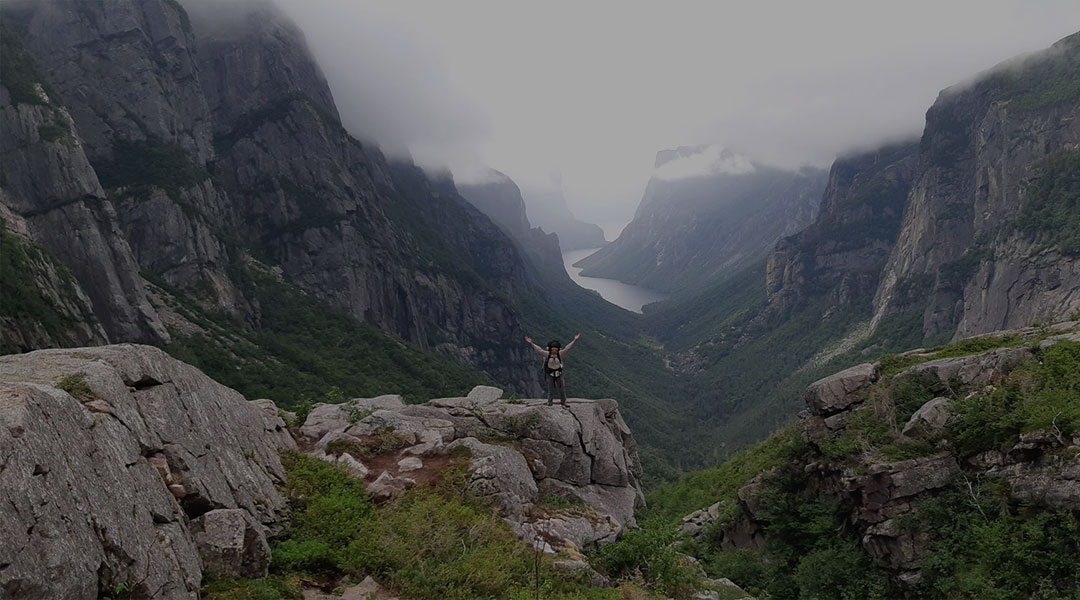
Bridging the Knowledge-Action Gap for Conservation and Natural Resource Management
Overview of theme:
Mobilizing evidence for decision-making, management and conservation practices is important for implementing effective solutions to increasingly complex environmental, societal and policy problems such as climate change, population growth, and biodiversity loss. Using evidence, however, remains a significant challenge. As a result, greater research has been devoted to understanding the “science-policy” or “knowledge-action” gap. One of our major research themes is to better understand this gap between knowledge and action, and how we can bridge that gap to bring relevant and best-available knowledge into policy and practice.
The Human Dimensions of Natural Resources Management
Overview of theme:
Conservation and natural resource management have traditionally been dominated by knowledge informed by natural sciences. The natural sciences have often revealed potential solutions, but implementation of solutions require the social sciences because we deal with humans and society. The human dimensions are thus critical for ensuring that conservation and natural resource management strategies are effective. Studying people matters if we are to solve today’s increasingly complex problems.
Integrated Social-Ecological Research
Overview of theme:
Social-ecological system (SES) was first coined in the 70s (Ratzlaff 1970). Since then, the SES concept has been widely used in both environmental and social sciences among other disciplines. In our lab, we integrate approaches from both social and ecological sciences to tackle complex environmental and conservation issues. We do this by collaborating with academics and non-academics towards a solution-oriented approach. We ensure that all of our projects are partnered with knowledge users to ensure our work is relevant, legitimate, and applicable. It is not possible for one discipline or knowledge system to solve wicked problems, and thus by working together with relevant stakeholders and rightsholders, with different knowledge systems and disciplines, we strive for more socially and ecologically robust solutions.

